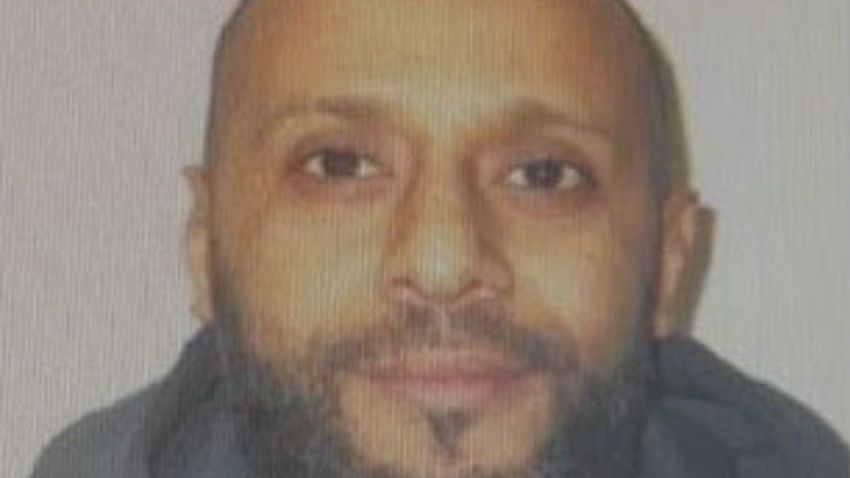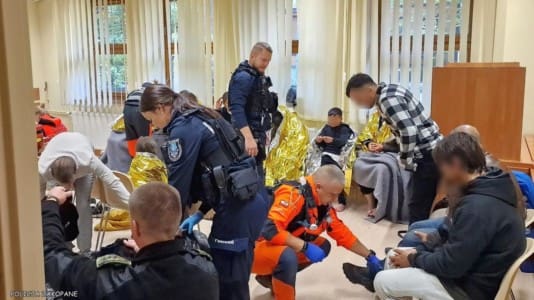The Islamist gunman responsible for shooting dead two Swedish football fans in central Brussels on Monday evening arrived in Europe illegally via the Italian island of Lampedusa back in 2011.
Abdesalem Lassoued had already been known to the authorities as a radicalization threat but had been free to roam Europe, traveling between Italy, Belgium and Sweden.
The Italian interior ministry confirmed on Tuesday that Lassoued had traveled from Tunisia to Lampedusa twelve years ago and had been identified as a radicalized person by the Italian anti-terrorism investigation directorate in 2016.
The 45-year-old man lived in Italy for a while before moving to Sweden, but returned to Italy several times during his stay. He later moved to Belgium.
According to Hungarian news agency MTI, in 2016, he was identified by the anti-terrorism investigation directorate in Bologna and placed under surveillance by the Italian secret service for his radical views, after he had made public his intention to join Islamist terror organizations and commence jihad against the West.
The man shot dead two Swedish football fans and wounded a taxi driver on Monday night ahead of the European Championship qualifier between Belgium and Sweden at the Heysel Stadium in Brussels. The bomber followed the fans out of a taxi, into a building, and then opened fire on them.
After a night of roaming the streets of the Belgian capital, Lassoued was shot dead by police on Tuesday morning.
The revelation of the gunman’s arrival via Lampedusa highlights the security concerns many conservatives have raised in recent weeks after an influx of illegal immigration on the island.
More than 94,000 illegal migrants landed in Lampedusa between Jan. 1 and Oct. 6, according to a parliamentary report on Tuesday by Italian Interior Minister Matteo Piantedosi.
Lampedusa, with a population of 6,000, saw an average of more than 1,200 arrivals a day between June and October, with the highest number of arrivals, 6,344, on Sept. 13.
President of the European Commission Ursula von der Leyen recently visited the island in the Mediterranean Sea, situated between Africa and Europe. At the time, the Brussels politician promised “extraordinary measures” to deal with the flood of migrants.






